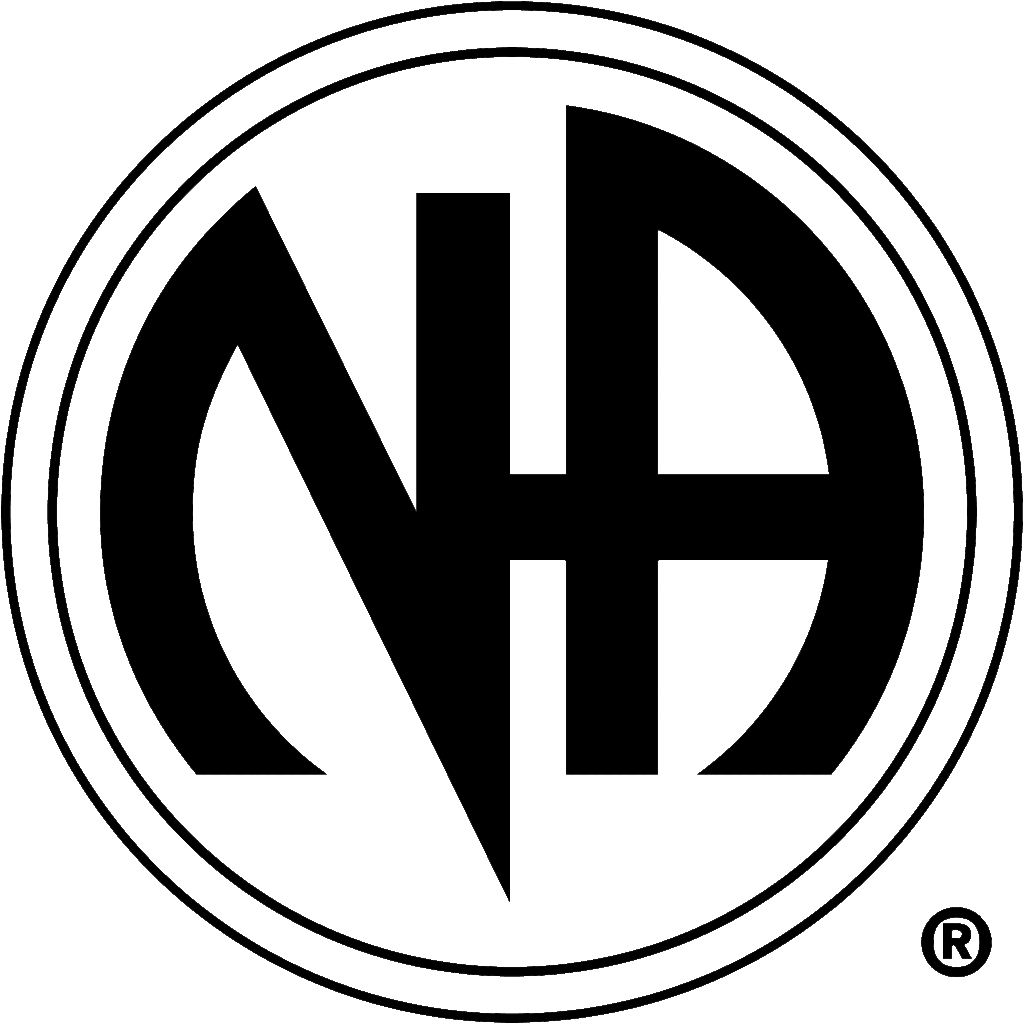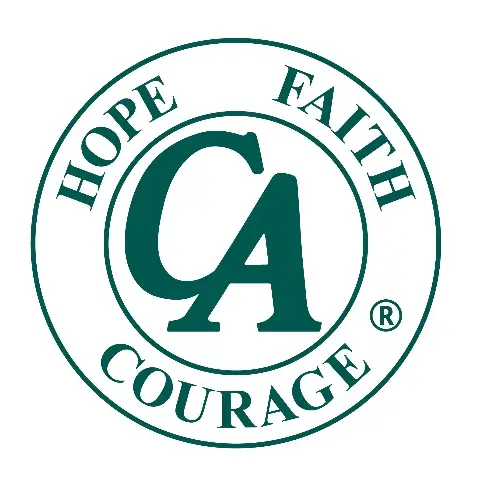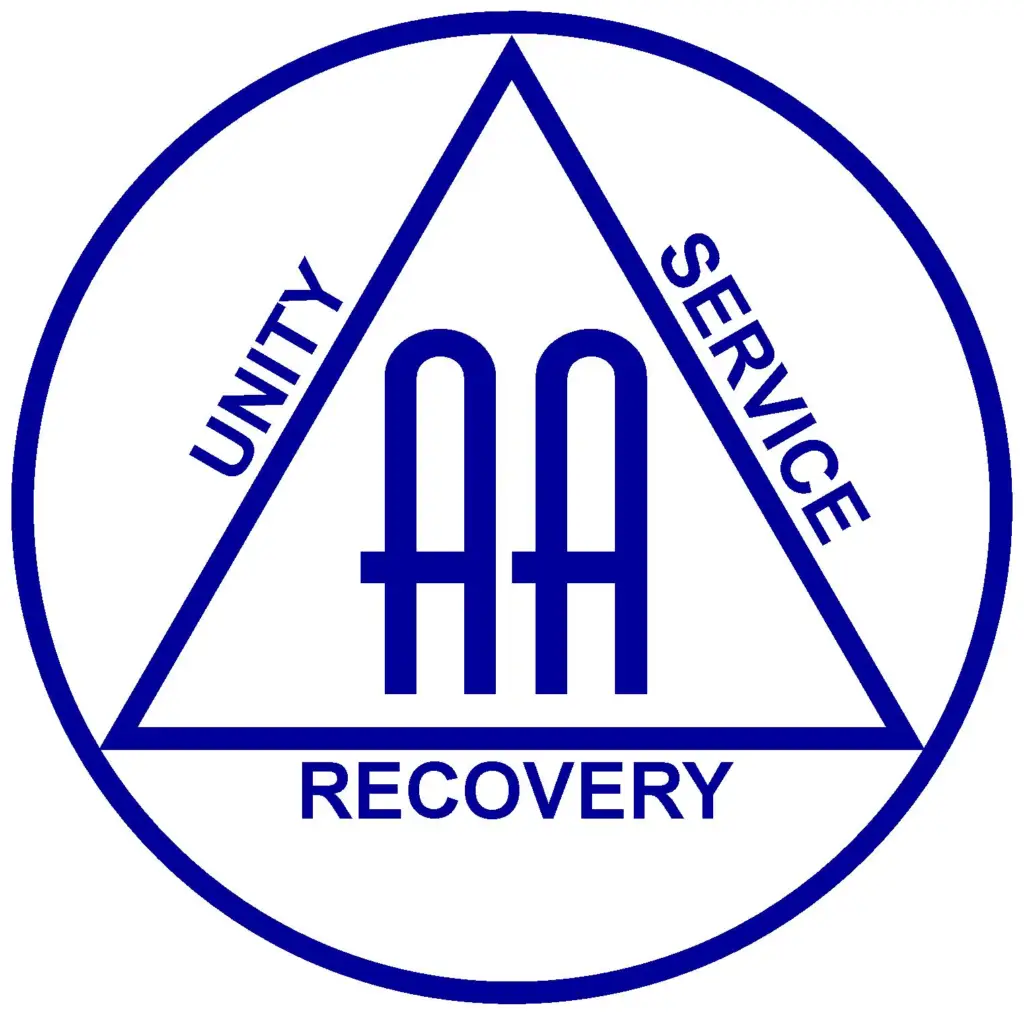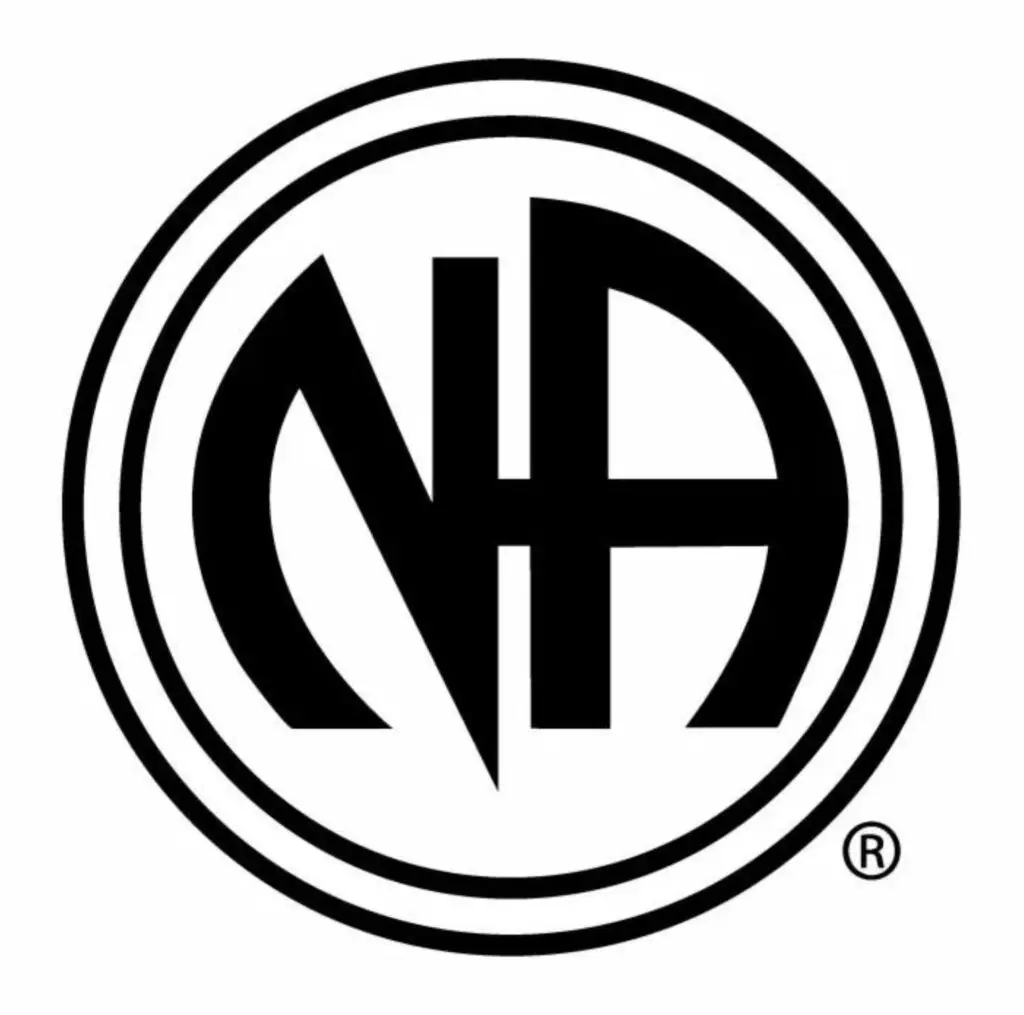Drug and Alcohol Rehab Centres in Birmingham
How to Prepare for Drug & Alcohol Rehab in Birmingham
Home > Find Rehab Clinic > Drug and Alcohol Rehab Centres in Birmingham
Our experts at Help4Addiction can find the right drug and alcohol rehab centre and treatment plan for you in the Birmingham area, whether it be NHS-operated or a private rehab clinic.
It can be difficult trying to source the best rehab for you – with so many options and treatment services out there, the whole process can feel overwhelming.
At Help4Addiction, we can get you a place in the most suitable rehab clinic. Whether you’re looking for private rehab, inpatient treatment, outpatient treatment, online support or at-home detox, our addiction experts are here to help you.
We’ll listen to your preferences, requirements and your story when sourcing the most suitable rehab plan in Birmingham – we understand that everybody’s story is different, and one size does not fit all when it comes to addiction support.
Help4Addiction resources in this area.
We have an online rehab in this area.
If you would like to discuss our network of providers for this location, please call us directly on 0203 955 7700 or message us on WhatsApp.
What is Addiction?
Addiction can be difficult to deal with alone – but thankfully, you don’t have to. At Help4Addiction, we can find the right alcohol and drug rehab treatment for you in Birmingham, whether it be private rehab or rehab on the NHS.
Addiction is characterised by the lack of control over taking a substance despite the negative effects it may present (for example, regarding your finances, relationships, mental and physical health, etc).
Addiction is commonly associated with drugs and alcohol, but it is possible to be addicted to anything – whether it be shopping, fast food, or even exercise.
If you want to seek help, you’re not alone – from 2020 to 2021, over 275,000 people contacted drug and alcohol services. Knowing about substance abuse including alcohol and drug addiction is the first step to getting help.
Alcohol addiction is one of the most common forms of addiction, with over 602,000 people dependent on alcohol in the UK. However, 82% of these people are not receiving treatment.
Alcohol addiction (aka alcoholism) is the most severe form of alcohol use disorder – characterised by the lack of control over alcohol consumption.
If you abuse alcohol, you’re more likely to become dependent on alcohol and experience withdrawal symptoms. If you think that you may have an alcohol problem, contact us to begin the treatment process.
Personalised Support For Your Recovery
We provide personalised support and resources for addiction recovery. Take the first step towards a brighter future today.
Treat Addiction in Birmingham
There’s no denying that addiction is an issue in the West Midlands – including Birmingham. Between 2018 and 2020, there were 246 drug-misuse-related deaths in Birmingham. This is equivalent to 7.8 deaths per 1,000 people.
The rate in the West Midlands was 5.3% in these years – higher than the rate for England, which was 5%.
There is an average of 82 deaths in Birmingham from drug misuse per year. On average, 128 people die from alcohol abuse in Birmingham per year. This makes the total death rate in Birmingham for substance abuse 210 people per year.
If you live in or around Birmingham and wish to get treatment, let our team help you find the best addiction support near you. Don’t become another statistic – get the treatment you need to live a sober life.

How to Prepare for Rehab in Birmingham
Preparing for rehab is like getting ready for a journey of positive change. First, take some time to learn about what rehab is all about.
Understand that it’s a place where you’ll receive help and support to overcome addiction. Knowing what to expect can make the process feel less intimidating.
When it comes to packing, think about what you’ll need during your stay. Pack clothes, personal items, and anything else the rehab centre in Birmingham recommends. Having familiar things around can help you feel more at ease.
Before you head to rehab, it’s a good idea to take care of your responsibilities. Try to sort out work-related matters, pay your bills, and address family concerns. This way, you can fully focus on your recovery without distractions.
Emotionally preparing yourself is also important. Stay open to the process and remind yourself that rehab is a positive step toward a healthier life. Your commitment and willingness to participate play a big role in your success.
Finally, let your loved ones know about your decision to go to rehab. Their support can be a valuable source of strength. Share your thoughts and feelings with them, and let them be part of your journey toward recovery.
The Drug And Alcohol Rehab Treatment Process
The addiction treatment process for drugs and alcohol can vary depending on the facility. However, the three main stages typically remain the same – detox, therapy, and aftercare. There are a variety of rehab clinics in Birmingham that specialise in all kinds of addictions, from cocaine to codeine.
In some cases, inpatient residential rehab is recommended by medical professionals. However, some people prefer to undergo rehab as an outpatient, attending treatment at an outpatient rehab facility.
Drug and Alcohol Detox in Birmingham
The first stage of alcohol and drug addiction rehab is the detox stage. Detoxification is a process aimed at cleansing your body of the substance, dealing with the physical aspect of addiction as opposed to the behavioural and social aspects of addiction.
This process can be difficult, and you may experience unpleasant and uncomfortable withdrawal symptoms. Detoxification can be dangerous cold turkey – especially for severe substance addicts. This is why we always recommend speaking to a professional before detoxing from drugs or alcohol.
A medical detox is a safe way for people to stop using drugs or alcohol with the help of professionals. During detox, medical experts watch and care for you as your body gets rid of the substances. They might use medicines to ease discomfort and ensure your health. This is often the first step towards overcoming addiction and getting better.
When the withdrawal symptoms are expected to be particularly uncomfortable or dangerous, you may be offered a detox with medical supervision at an inpatient rehab.
Drug and Alcohol Addiction Therapy in Birmingham
This stage of addiction treatment can only usually be completed once you have successfully detoxed – when you are ready to deal with the psychological aspects of addiction and have overcome the physical addiction.
Therapy can help to promote your well-being, build your confidence, and improve your mental health overall. Therapy aims at dealing with the psychological and behavioural aspects of addiction and can be effective at improving any existing mental health issues, also known as dual diagnosis.
Different rehabs offer different therapies – however, you’ll find that most treatment centres offer either (or a combination of) cognitive behavioural therapy (CBT), counselling, and group therapy.
Some people may be offered dialectical behavioural therapy (DBT). In a private rehab centre, you may also be offered holistic therapies such as sports or art therapies, as well as a focus on mindfulness and meditation.
What Happens After Rehab?
Once you complete your treatment, you may wish to continue receiving treatment as an outpatient (outpatient treatment). Secondary treatment can help to prevent relapse by easing the transition from rehab to your normal life.
After rehab, aftercare is like a helping hand to keep you strong. It’s important because going back to regular life can be tough.
Aftercare gives ongoing support to prevent you from going back to old habits. It offers tools to handle tough situations, reducing the chance of going back to addiction.
Some forms of aftercare include support groups (for example, Alcoholics Anonymous or Narcotics Anonymous), group therapy, or further counselling. It helps you stick to good habits, stay motivated, and make friends who are also getting better. Aftercare is like a guide that keeps you on track and stops you from falling back.
Group therapy and support groups can be effective as you’re socialising with people in a similar situation. Some clinics offer free aftercare, whereas others will include the cost as part of the overall treatment.
The journey after rehab might have some bumps, but remember that setbacks don’t erase your progress. Keep focused on your goals, celebrate small victories, and lean on your support system.
Over time, with determination and the right support, you can build a better, healthier life beyond addiction to drugs or alcohol.
Finding The Right Drug and Alcohol Addiction Treatment in Birmingham
At Help4Addiction, we understand that it can be difficult to take that first step toward an addiction treatment programme for alcohol or drugs.
That is why we will guide you through the process in a sympathetic and friendly manner, providing you with the support you need.
We can take the stress of finding a quality rehab centre, taking into account your preferences, requirements, and needs. Wherever you’re based in or around the Birmingham area, we can find a quality rehab treatment facility for you, whether it be for illicit drugs, prescription drugs, or alcohol.
We are rooting for your long-term recovery and for you to live a drug-free life, so contact our addiction specialists for drug or alcohol rehab in Birmingham today to get started.
Free Addiction Treatment Services in Birmingham
CGL (Change Grow Lives) and Aquarius are two charities that operate within the West Midlands. They both provide free help and support for those struggling with addiction. Contact details can be found below.

Changing Lives
Telephone: 0121 227 5890
Address: Scala House Suffolk Street, Queensway, Birmingham, B1 1EQ
Website: www.changegrowlive.org
Reach Out Recovery is a free and confidential drug and alcohol service for adults and affected others in Birmingham. They offer treatment and recovery services to support anyone experiencing difficulties with drugs and/or alcohol in a range of local community settings across Birmingham.

Aquarius
Telephone: 0121 622 8181
Address: 236 Bristol Rd, Birmingham, B5 7SL
Website: https://aquarius.org.uk/
Aquarius strive to help people overcome the harms caused by alcohol, drugs and gambling. They work closely with individuals, families and friends to lessen the impact caused by the behaviour of a loved one.
Addiction Support Groups in Birmingham
Continuing support is crucial for long-term recovery from addiction, and attending regular meetings is highly recommended. In Birmingham and the broader West Midlands area, organizations like Alcoholics Anonymous (AA) and Narcotics Anonymous (NA) offer invaluable support through their weekly meetings. These gatherings provide an opportunity to stay committed to recovery and connect with others facing similar challenges.
What is AA?
Alcoholics Anonymous (AA) is another non-profit fellowship with a long history of helping people recover from alcoholism. Since the 1930s, AA has been instrumental in assisting millions worldwide. In the West Midlands, numerous AA meetings are available, offering ongoing support for those who have completed rehab and are dedicated to maintaining sobriety.
What is NA?
Narcotics Anonymous (NA) is a globally recognized non-profit fellowship that supports individuals who have struggled with drug abuse. The primary goal of NA meetings is to help members stay clean and develop healthier lifestyles. Meetings are free to attend, welcoming anyone committed to overcoming their addiction and seeking a supportive community.
Rehab Birmingham FAQs
How much does rehab cost in Birmingham?
Can I do rehab from home?
How long does rehab take?
Free Links
Birmingham Nechells
St Vincents RC Church, Nechells Parkway, Francis St, Birmingham
- Time: Sunday 19:00–20:00
Wheelchair Access available.

Just For Today Meeting

Cocaine Anonymous
11 Botteville Rd
Birmingham B27 7YE
UK
Time: Tuesday 19:30-21:00
About Author

Nicholas Conn
Nicholas Conn is a leading industry addiction expert who runs the UK’s largest addiction advisory service and is regularly featured in the national press, radio and TV. He is the founder and CEO of a drug and alcohol rehab center called Help4addiction, which was founded in 2015. He has been clean himself since 2009 and has worked in the Addiction and Rehab Industry for over a decade. Nick is dedicated to helping others recover and get treatment for drug and alcohol abuse. In 2013, he released a book ‘The Thin White’ line that is available on Amazon.
Request A Callback
Receive a callback, we’re ready to help you get on the road to recovery.
24/7 Helpline Support
Don’t hesitate to reach out – we’re here to provide the support you deserve, anytime, day or night.




